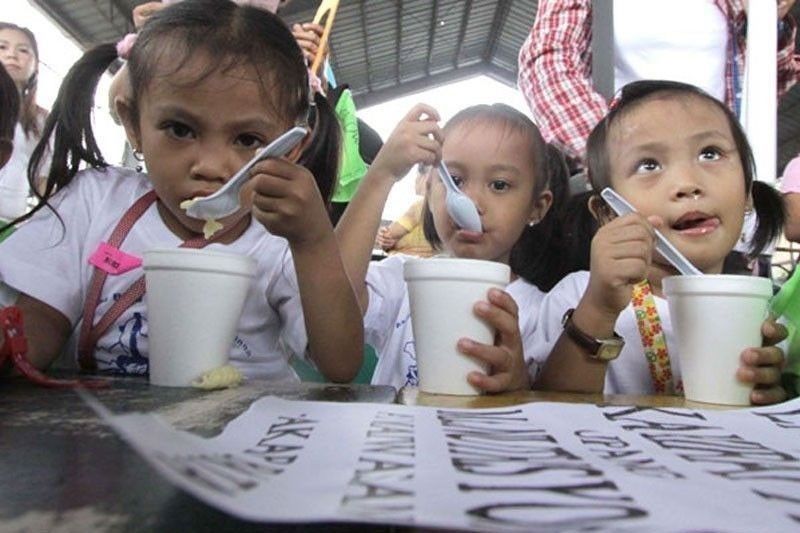
THE DEPARTMENT of Education (DepEd) said it is studying the benefits of extending the school-based feeding programs this year as a means to reduce student absenteeism while enhancing their academic performance.
“In the National Capital Region (NCR), what we are looking at is the impact of the feeding programs on learning outcome,” Education Regional Director for NCR Jocelyn Andaya told Wednesday’s Senate hearing on the Philippines’ poor performance in the 2022 Program for International Student Assessment (PISA).
Filipino students ranked 77th out of 81 countries in the 2022 PISA, performing worse than the global average in all categories.
Citing days when students do not come to school because of hunger, she said: “We’re trying to look at how feeding them would lead to them being more present in school and at the same time performing well.”
Last month, DepEd said it would be expanding its feeding program this year from 120 days to the full school year or 220 days as part of state efforts to address malnutrition.
At the same hearing, Senator Sherwin T. Gatchalian said from a P5.7-billion budget in 2023, DepEd now has a P11.7-billion budget for its school-based feeding programs this year.
Citing 2022 Philippine Statistics Authority data, he said 38.50% of students did not eat because they did not have enough money to buy food.
Mr. Gatchalian also said DepEd should revisit its comprehensive sexuality education program to deter cases of students dropping out of school due to early pregnancy.
“If they are not aware of sex education, not aware of their bodies, not aware of the perils if they get pregnant early, they would drop out. The problem with that is they will never go back to school.” — John Victor D. Ordoñez



